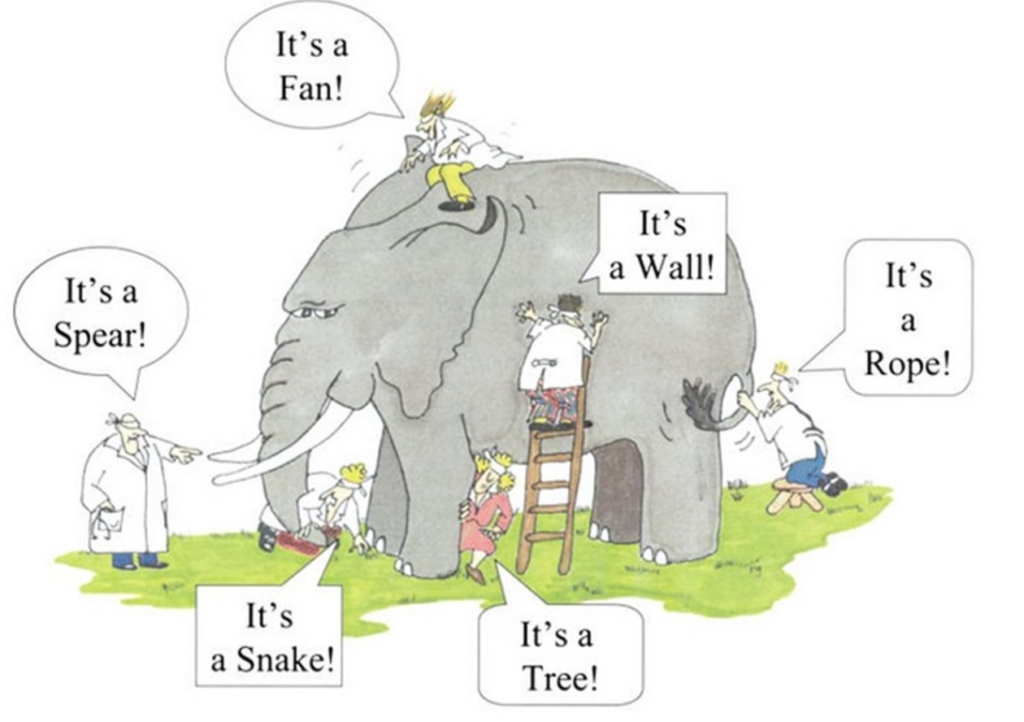5 Tips to communicate better at workplace
I feel great when I finish projects, achieve targets before the deadline. Most of my work is dependent on others. When I was new to team-dependent work I found it extremely challenging to complete a task on time. Without even realizing I was stuck with long email chains, blame-game, and many more such nuisances.
Through my experience I have learnt that majority, if not all, of such issues in a team-dependent work environment arise from improper communication. The way we communicate with others at work dictates the outcome of the dependent tasks. Such issues are usually unintentional and can be rectified easily. It is important to ensure proper communication from the beginning itself and, if possible, leave no room for misunderstanding or doubts.
Below is the list of things to remember when communicating with others at work, be it a co-worker, manager, or any other stakeholder
1. Listen to others

Many of us hear things others speak as if it goes in one ear and out the other. We must understand the ultimate objective of communication is to understand what is in each other’s mind. Therefore, instead of just hearing and/or interrupting others when they speak, we should be mentally present to listen to them.
Be patient and let others talk too. When we ignore others by either not listening to them or by interrupting them, we become distant from reality. As a team member, we should be aware of others. In situations when we do not understand anything, we should feel free to ask to repeat the statement. Others will put extra effort to explain when we listen to them. This makes work comparatively easy.
2. Use simple words

When I was a child, I used to feel confused about a lot of things grown-ups used to talk about. Things used to go over my head. I used to feel the same when I started working but this time the issue was due to the choice of words. As we start spending time doing an activity we become comfortable with a lot of words related to that work.
However, everyone we communicate with may or may not share the same understanding. It is best to choose simple words. Avoid using abbreviations, jargon, office-slangs, short-hand texts. Simple words do not need unnecessary translation or explanation later. Thus it saves us a lot of time to do the things that matter.
3. Share the context

We are scared of things we don’t know, shy away from things we do not understand, and try to save our face when we make mistakes. It is human nature.
This is why we need context. Setting up the context means to pull up everyone’s understanding of the current situation to a common ground. When we are added to a work we may have no idea of its past or present situations. In such cases, we either do not start work or spend too much time trying to figure out things.
So to avoid such wastage of time, I chalk out all the relevant details as on date for everyone to see and understand the things in their own unique way. This encourages everyone to share their perspective and ask questions.
4. Rephrase what is understood
In the past, I used to assume I understood everything that my co-workers said to me. This is a very common mistake we make in the early stages of our careers. This assumption does not hold true for the majority of us. Our work becomes mistake-prone and we end up wasting time re-working to fix the mistake. Eliminating rework gives an immense boost to our overall productivity.
A simple effective solution to this is to restate or rephrase what we hear from others in our own words. This helps us to improve our understanding of the subject. Doing this also allows the other party to correct our course of action even before we start working on it. So when I communicate with my co-workers I encourage them to restate their understanding of context, objective, tasks to be done and end results.
5. Add some humour, appreciation, feedback

Some days work can be intimidating, some days tough, remaining easy maybe. While we go through ups and downs in our personal and professional life, a little human touch can pull everyone’s spirit up. We were not born with the skills we have today. We learnt it and we will keep learning as long as we are willing to grow.
Therefore, it is crucial for us to add some humour when things become super serious, give appreciation when they do not give up, feedback (instead of criticism) when they struggle to overcome issues. Keep it genuine and everything will be fine.
Conclusion
In the points mentioned above I have shared my view of key areas to be considered for better communication at work for effective teamwork. Feel free to share your thoughts whether you agree or not in the comments sections below. Thank you for reading. Hope it helps.




